Chickens are known for their ability to eat a wide variety of foods, including kitchen scraps, garden greens, and even insects. However, it's important to be aware that not all foods are safe and suitable for chickens to consume. As a responsible chicken keeper, knowing what not to feed your flock is crucial for their well-being. In this blog, we will explore a comprehensive list of foods that chickens should avoid to maintain a healthy and thriving flock.
How to Keep Your Chickens Safe
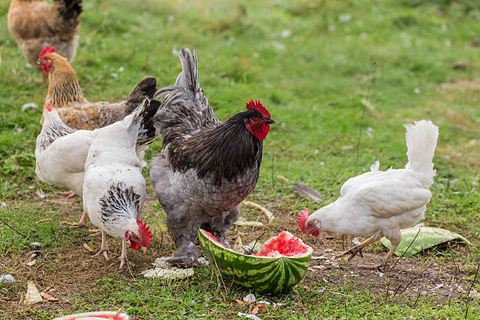
Before we delve into the specific foods to avoid, let's discuss some general guidelines to ensure the safety of your chickens' diet:
Moderation is Key
Even with safe foods, it's important to offer them in moderation. An imbalanced diet can lead to nutritional deficiencies or health problems.
Fresh and Clean
Always provide clean, fresh water for your chickens. Contaminated water can lead to illness and health issues.
No Spoiled or Moldy Food
Avoid feeding chickens any food that is spoiled, mouldy, or otherwise unfit for human consumption. These foods can cause digestive upset and illness in chickens as well.
Avoid Processed Foods
Processed foods that are high in salt, sugar, additives, or preservatives should be avoided. Stick to fresh, natural, and unprocessed options for your flock.
With these general guidelines in mind, let's explore the specific foods that should be kept out of reach of your feathery friends.
1. Chocolate and Caffeine
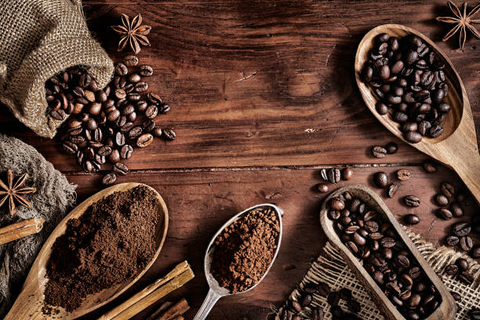
It's no surprise that chickens should never be fed chocolate or any foods containing caffeine. Chocolate contains theobromine, a substance that is toxic to chickens and can cause rapid heart rate, increased blood pressure, and even death. The same goes for beverages like coffee or tea, which contain caffeine and should never be offered to chickens.
2. Avocado
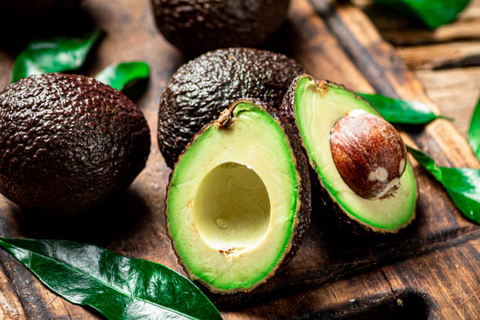
Avocado contains a natural toxin called persin, which is harmful to birds, including chickens. All parts of the avocado, including the flesh, skin, pit, and leaves, should be kept away from your flock. Ingesting avocados can cause respiratory distress, weakness, and even heart failure in chickens.
3. Onions and Garlic
Onions and garlic are members of the Allium family and contain compounds that can be toxic to chickens. Consumption of these foods can cause anemia by damaging the red blood cells. It's important to avoid feeding chickens any form of onions or garlic, whether raw or cooked.
4. Raw Beans
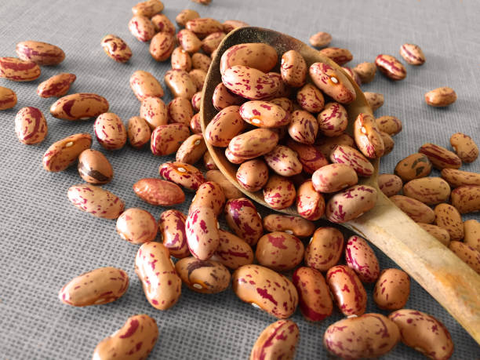
Raw beans, including kidney beans, fava beans, and soybeans, contain a compound called lectin that is toxic to chickens. Consumption of raw beans can lead to digestive upset, weakness, and even death. It's crucial to ensure that beans are cooked thoroughly before feeding them to your flock.
5. Highly Salty or Sugary Foods
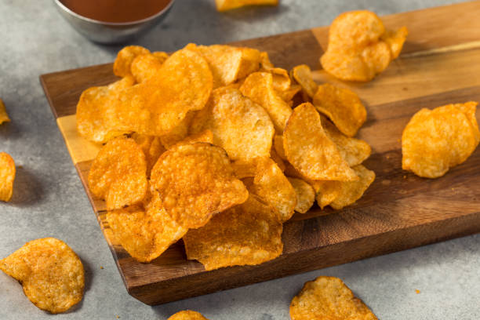
Foods that are high in salt or sugar, such as chips, candies, or sugary snacks, should not be given to chickens. These types of foods can lead to imbalances in their dietary intake and may cause health issues such as obesity, diabetes, or organ problems.
6. Citrus Fruits in Excess
While small quantities of citrus fruits like oranges, lemons, and grapefruits are generally safe for chickens, feeding them in excess should be avoided. The high acidity of citrus fruits can disrupt the delicate balance of a chicken's digestive system.
7. Green Potato Skins and Tomato Leaves
Green potato skins and tomato leaves contain a toxic substance called solanine, which is harmful to both humans and chickens. These parts of the plant should be removed and discarded before offering potatoes or tomatoes to your flock.
8. Moldy or Spoiled Foods
As mentioned earlier, chickens should never be fed moldy or spoiled foods. Mold can contain harmful toxins that can cause digestive issues, liver problems, and other health complications for chickens. Always ensure that the food you provide is fresh and free from mold or spoilage.
9. Medications and Human Supplements
Chickens should never be given medications or human supplements without consulting a veterinarian with poultry expertise. Many medications and supplements are formulated for human use and may have adverse effects on chickens. It's always best to seek professional advice before administering any substances to your flock.
10. Toxic Plants and Poisonous Substances
It's essential to be aware of the plants in your chicken's environment. Some common plants and substances are toxic to chickens and should be kept away from their reach. Examples include rhubarb leaves, azaleas, lilies, tobacco, and any plants treated with pesticides or herbicides.
Conclusion
Taking proper care of your flock means being aware of what not to feed them. Avoiding foods such as chocolate, avocado, onions, garlic, and raw beans is crucial to prevent potential health risks. It's also important to be mindful of highly salty, sugary, or processed foods. Citrus fruits, potato skins, and tomato leaves should be used in moderation, while moldy or spoiled foods should always be avoided. Furthermore, never administer medications or human supplements without professional guidance.
By following these guidelines and being aware of the foods to avoid, you can maintain a healthy and thriving flock. Keep your chickens safe and nourished with a balanced diet of appropriate foods, and consult a veterinarian or poultry expert for specific dietary concerns or questions. Your feathered friends will thank you with their vibrant health and productivity.
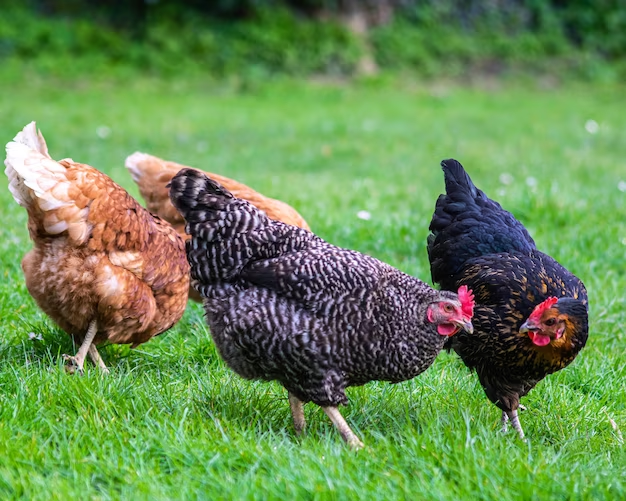

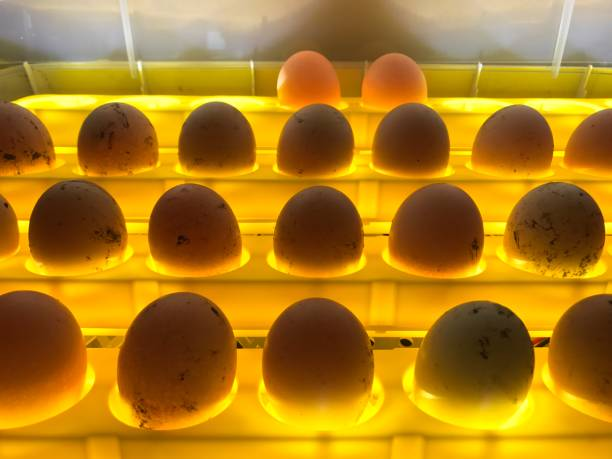
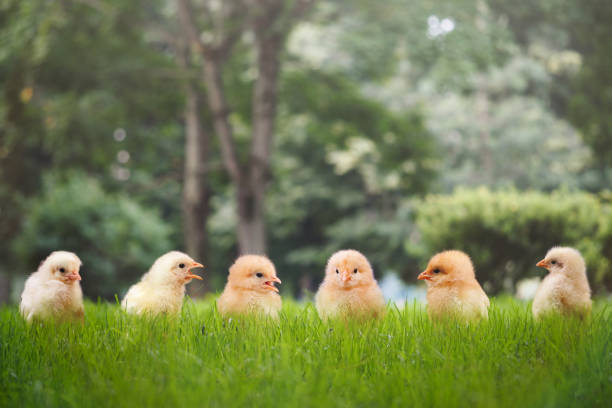
Leave a comment
All comments are moderated before being published.
This site is protected by hCaptcha and the hCaptcha Privacy Policy and Terms of Service apply.